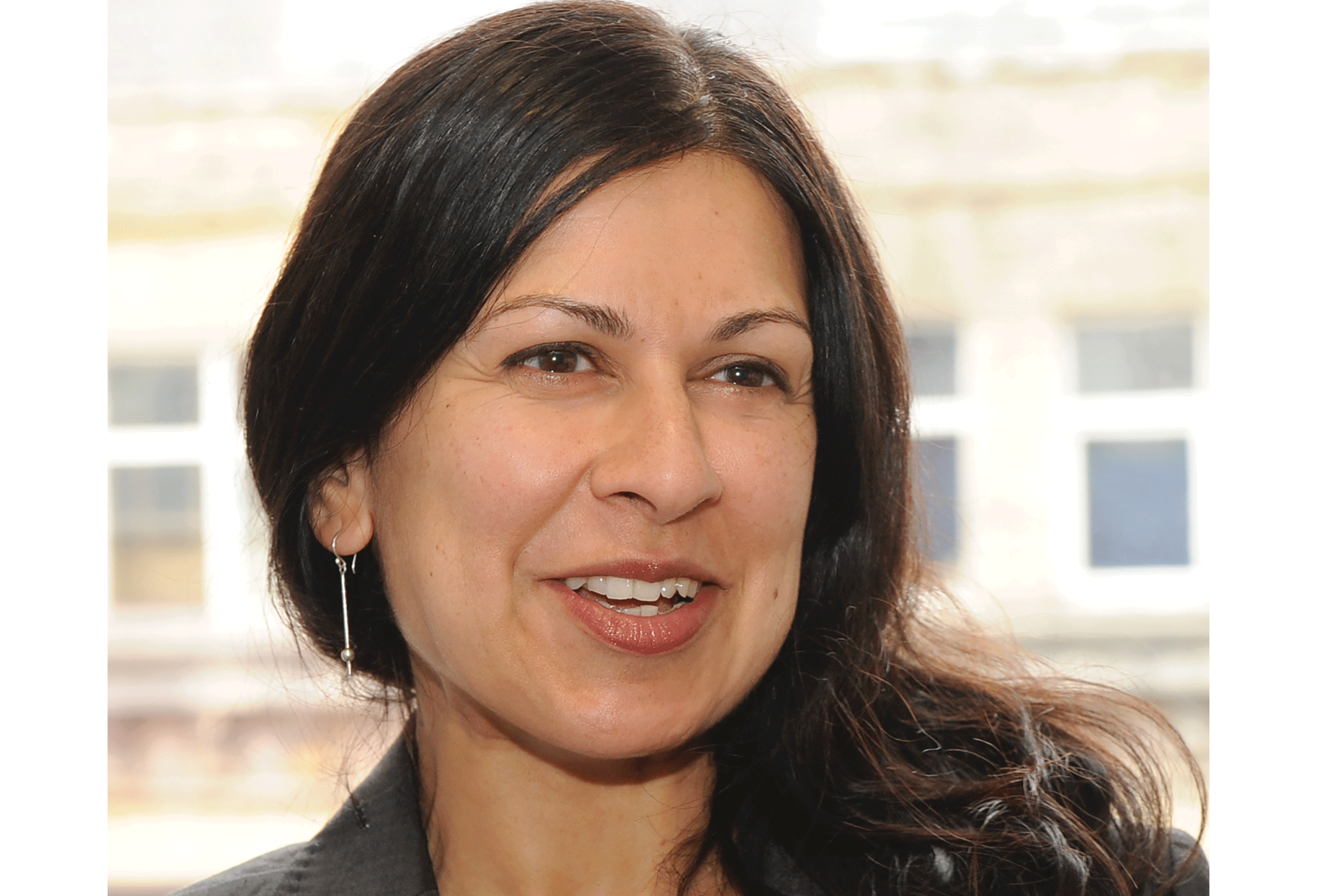Who? Sapna Malik, partner at Leigh Day, London.
Why is she in the news? Represented Libyan politician Abdul-Hakim Belhaj and his wife Fatima Boudchar, victims of unlawful rendition to Libya in March 2004. They have welcomed an unreserved apology given to them by the attorney general on behalf of the prime minister for the UK government’s role in their ‘detention, rendition and suffering’. The couple received the apology by letter from prime minister Theresa May.
Thoughts on the case: ‘This has been a truly extraordinary case. Not only because of the astonishing facts and the strength of evidence in our clients’ possession – which is so rare in cases involving the security services – but primarily because of the sheer determination and principled approach of our clients in their quest for justice.’

Dealing with the media: ‘Generally, there has been media interest and support in this case across the UK political divide, as well across the Atlantic. The human rights charity Reprieve worked hard to ensure that media awareness of the case, and its key facts, remained alive. While media attention waned over the long years of preliminary issue hearings and appeals, the in-depth global coverage and analysis of the prime minister’s apology has been gratifying.’
Why become a lawyer: ‘To help justice be done, particularly for those who might otherwise go unrepresented.’
Career high: ‘Receiving the Supreme Court judgment unanimously dismissing the defendants’ strike-out application in this case last year. And then last week sitting in parliament with Fatima Boudchar and her son (with whom she had been pregnant at the time of her ordeal), listening to the attorney general deliver the fulsome apology which she and her husband had so long sought.’
Career low: ‘Facing disciplinary charges brought by the Solicitors Regulation Authority in respect of my work on behalf of Iraqi clients (found unproven, although some subject to appeal by the SRA). It was particularly challenging to face these charges at the same time as successfully bringing some Iraqi client test cases to trial.’































No comments yet